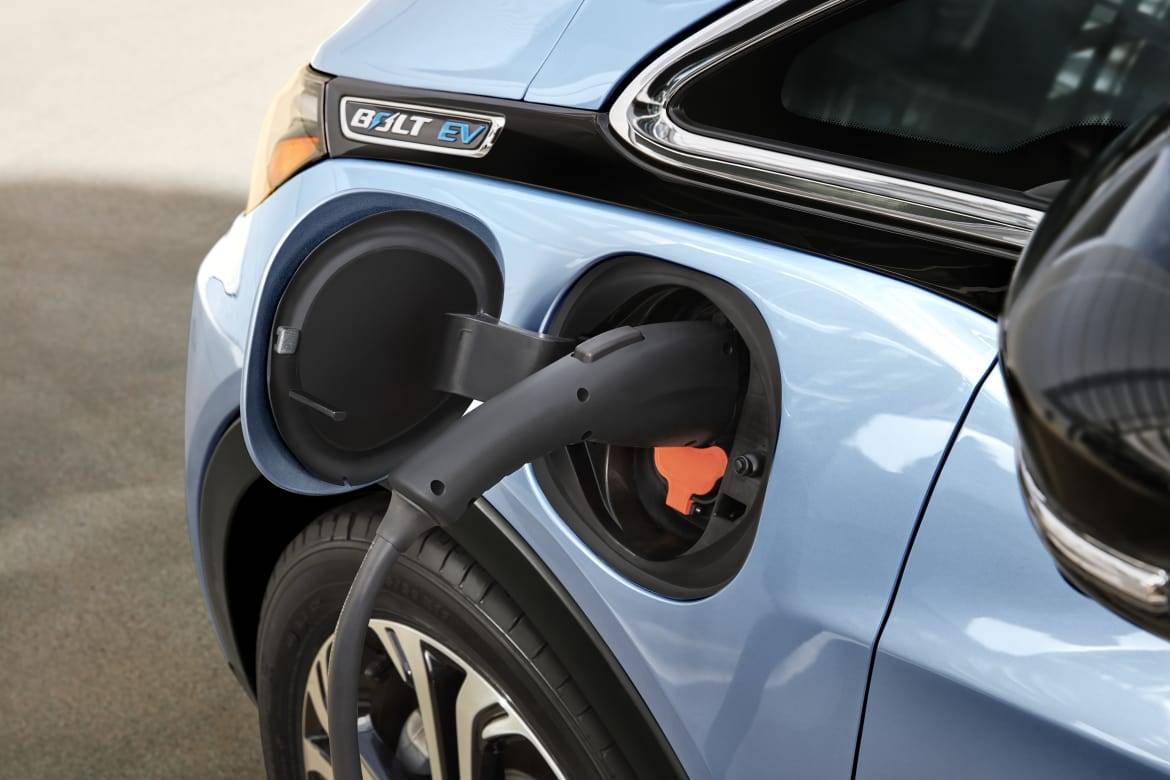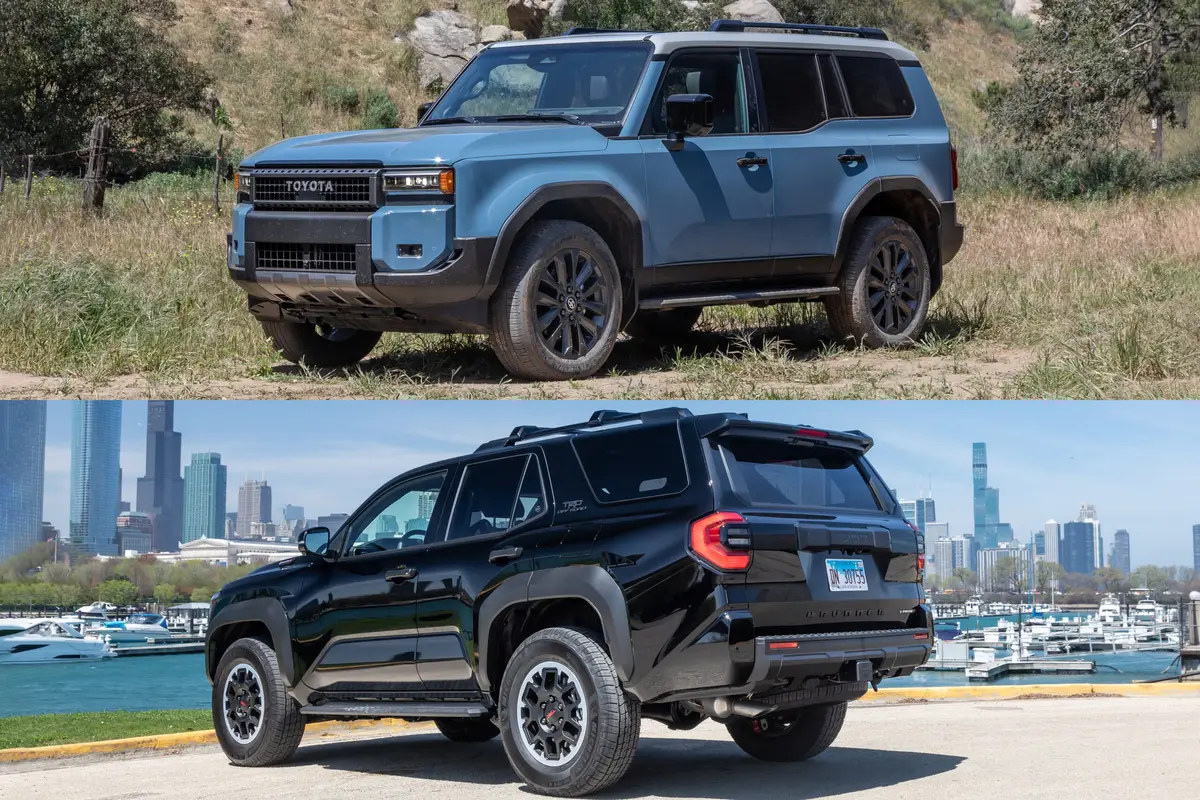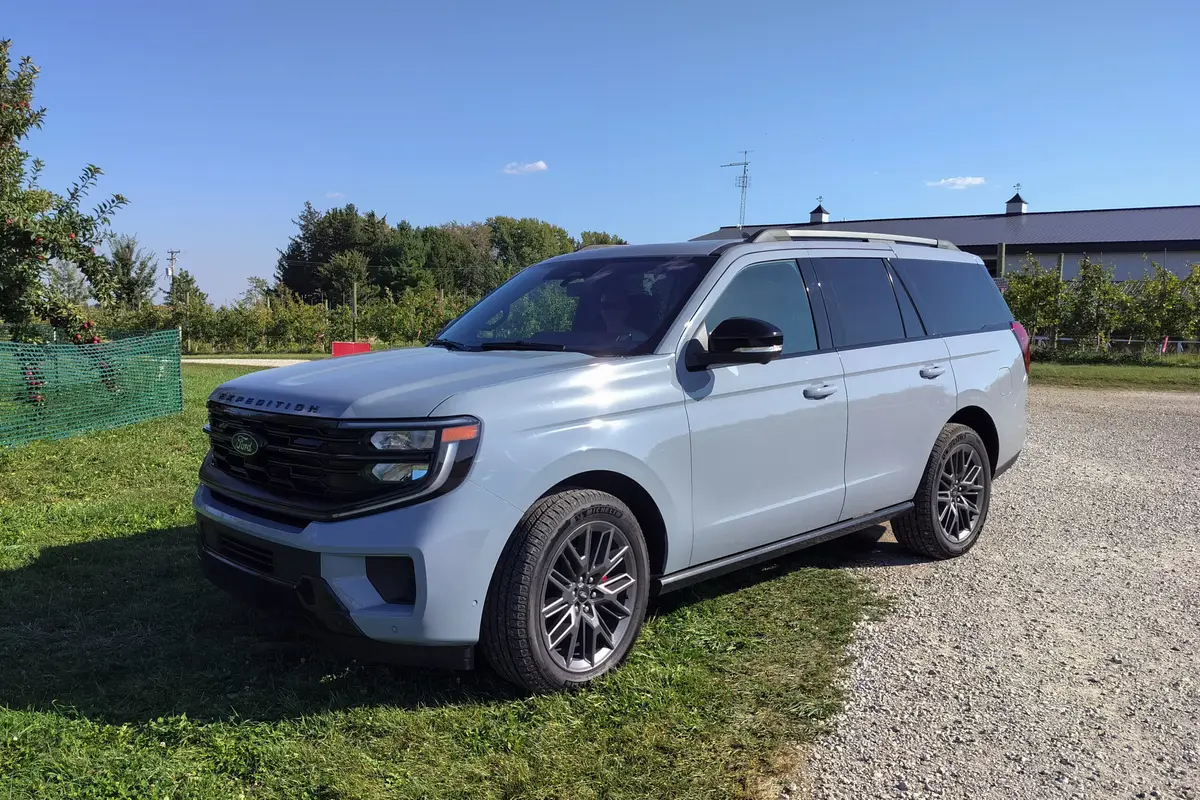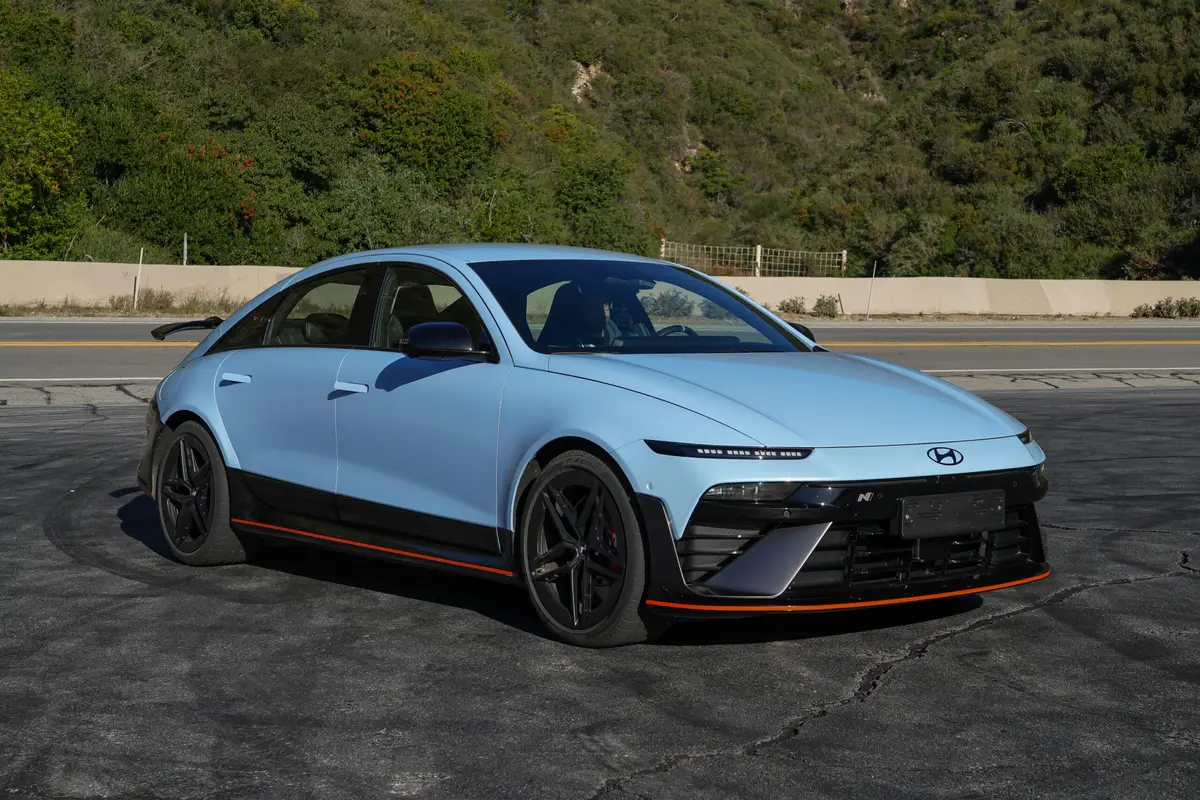Survey: Consumers Feel the Spark for Electric Cars


CARS.COM — Interest in buying an electric car has grown since 2015 and is highest among young adults, according to an annual survey on attitudes toward electric vehicles by the Consumer Federation of America, an association of consumer advocacy groups.
Related: 2017 Chevrolet Bolt EV Will Offer 238 Miles of Range
The CFA’s 2016 national survey announced today found that 36 percent of American consumers would consider buying an electric vehicle, up from 31 percent in 2015. Among young adults aged 18 to 34, the interest was 50 percent. The August telephone survey of 1,007 adults has a margin of error of plus or minus three percentage points.
The survey also found that familiarity breeds intent: Interest in EV purchase was far higher, at 55 percent, among adults who say they know a lot about EVs versus 22 percent among those who say they have no knowledge about EVs.
“Knowledge about electric vehicles correlates with interesting buying,” Jack Gillis, CFA director of public affairs and author of buying guide “The Car Book,” said in a teleconference. To encourage that knowledge, the group today posted online a free electric-car guide.
Noting the increased financial incentive for fleet users to adopt electric vehicles, Mark Cooper, CFA’s director of research, said in the conference that for many consumers, “Their first [EV] experience may be in a taxicab.”
Along with the poll results, the CFA reported results of a 2016 survey of the electric-vehicle marketplace. It found more choices, improved technology and more affordable prices. It also found that growth in EV sales 2011 through 2015 has outpaced consumer embrace of hybrids in their first four years on the market.
“It’s a good, strong trend line and a strong showing for vehicles just entering the market,” Cooper said.
The survey found a growth in choices from three EVs in 2011 to 25 models in 2016 and a projected 31 in 2017, with 13 automakers offering at least one model. Thirteen of the 25 model-year 2016 models have a range of more than 60 miles – the maximum distance seven in 10 consumers drive in a day, according to a study by the Union of Concerned Scientists and Consumers Union. And four models get more than 100 miles on a single charge.
The survey also found that even factoring in the costs of home upgrades for EV charging, more EVs were competitive in price with their comparable gasoline counterparts when the federal $7,500 tax credit for those who qualify is included.
The CFA also added a poll question built loosely around the potential capabilities of two electric sedans coming: the 2017 Chevrolet Bolt and Tesla Model 3, both of which are expected to offer more than 200 miles of range, prices of $37,500 and about $35,000, respectively, before tax credits, and fast-charging capabilities.
The question asked consumers if they would consider buying “an electric vehicle if it costs the same as a gas-powered car, has lower operating and maintenance costs, has a 200-mile range between charges and can recharge in less than an hour.” Some 57 percent said they would, including 70 percent of young adults.
Where do hybrids fit in this future? Cooper said hybrids “will probably stay around for quite a while,” but he added, “Once consumers start experiencing electrical vehicles, EVs will eventually will outpace hybrids.”

Former D.C. Bureau Chief Fred Meier, who lives every day with Washington gridlock, has an un-American love of small wagons and hatchbacks.
Featured stories



